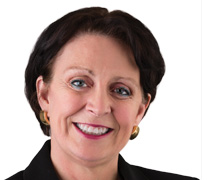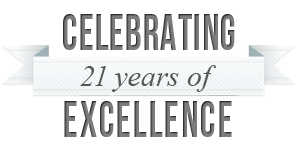In today’s fast-paced, digital world, one thing remains constant: creative problem solvers are always in demand. Throughout my career, I’ve found that education has been key to gaining the skills and credibility necessary to advance in my career.
When I was growing up, the people who inspired me most were my parents; my mother also happened to be my eighth grade math teacher. Both stressed the importance of education and pushed me to try my hardest in all subjects—including math and science, my least favorite subjects. Only after graduating from college and working for IBM did I realize I could apply those fundamental skills to solve real-world challenges in my professional life.
By the 1990s I’d worked my way up to lead a $100 million, 100-person technology group. I soon realized that many on-the-job challenges require analytic problem solving skills, like balancing budgets and understanding complex issues quickly. Later I went back to school to gain more skills in human resource development, which helped me transition to a field in which I could combine my passions of business leadership and social change.
Today, as head of Social Responsibility at UnitedHealth Group, I am thrilled to be working to address some of the nation’s most pressing issues, including preventing childhood obesity and strengthening tomorrow’s healthcare workforce. I am able to make a difference in causes I care about because of my education, including the math, science, and technology skills that are essential for managing large projects and working with partners to achieve goals.
Higher education costs can be difficult for many families to afford, particularly in today’s economy. That’s why I’m proud to help steward United Health Foundation’s Diverse Scholars Initiative, awarding more than $5.3 million in scholarships to nearly 1,000 students from multicultural backgrounds to help them reach their higher education dreams and pursue careers in health. The program helps young people open doors to a brighter future, while promoting diversity in the health work force.
I encourage all students to pursue their passions, but also to develop analytic skills, in order to realize their dreams and become problem solvers in today’s business world. Skills are like muscles: the more you develop them, the stronger they, and you, will become.







